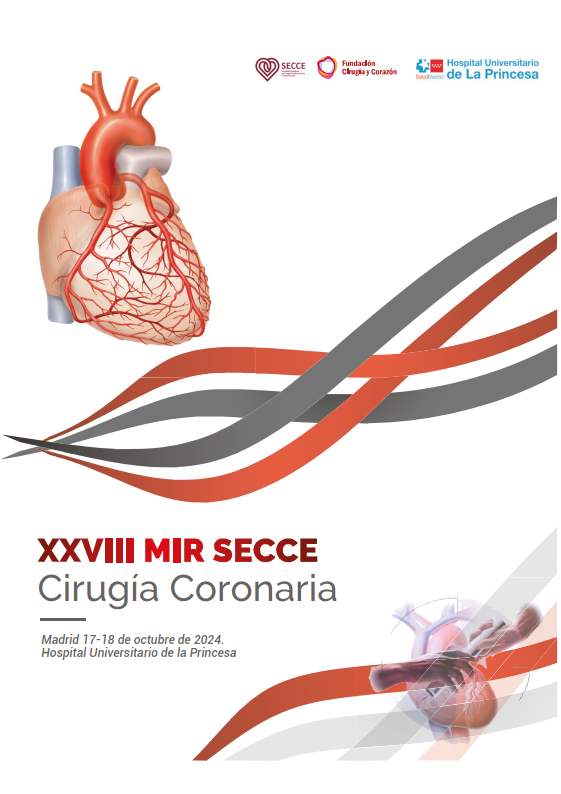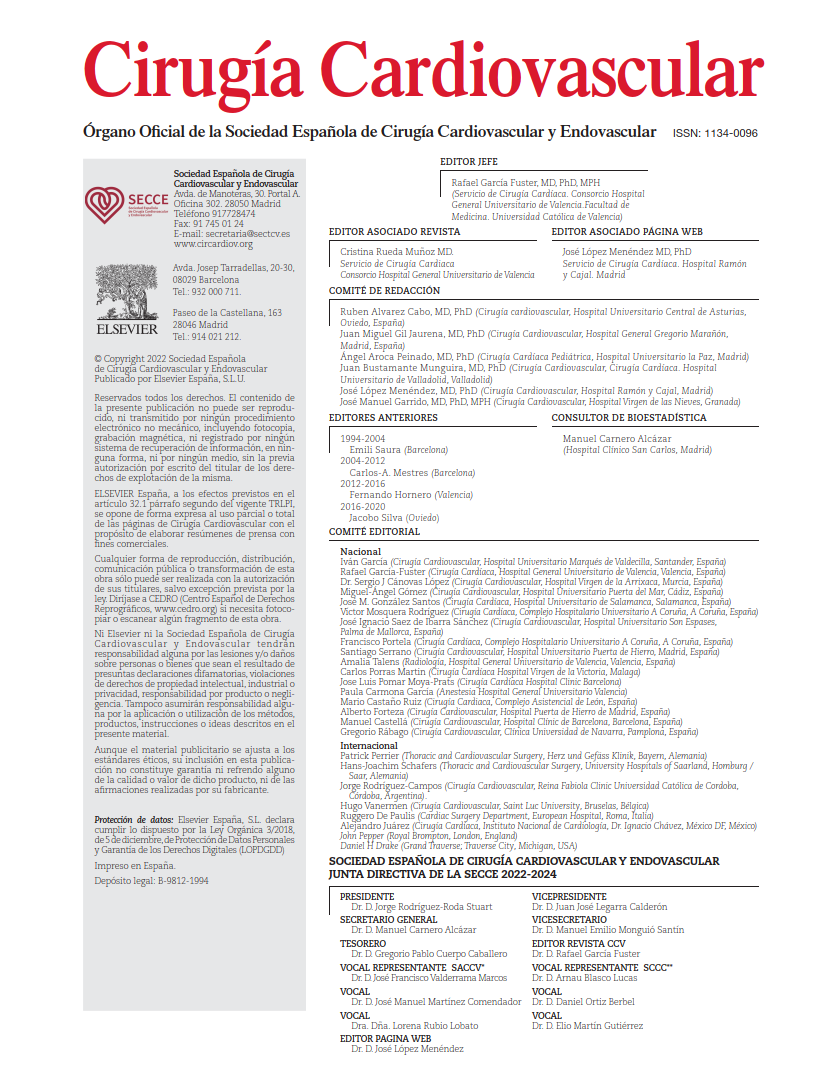Cardiopulmonary bypass (CPB) represents one of the primary sources of inflammation in cardiac surgery. Corticosteroids, synthetic analogs of glucocorticoids, exert anti-inflammatory effects by suppressing various pro-inflammatory genes (cytokines, cell adhesion molecules, enzymes, and receptors). It is logical to hypothesize that glucocorticoid administration might reduce CPB-induced inflammation; however, the scientific evidence remains inconclusive.
Two randomized clinical trials in adults, Dexamethasone for Cardiac Surgery (DECS) and Steroids in Cardiac Surgery (SIRS), demonstrated no benefits from glucocorticoid use. On the contrary, they reported increased risks of myocardial injury and postoperative hyperglycemia. These findings cannot be extrapolated to pediatric populations, as the inflammatory response to CPB differs significantly. Consequently, prophylactic glucocorticoid usage varies considerably across countries, hospitals, and even among practitioners within the same institution.
In this clinical trial, K.D. Hill et al. analyzed 1,200 patients under one year of age undergoing elective cardiac surgery with CPB. Participants were randomized into two groups of 600 patients each: one receiving 30 mg/kg of methylprednisolone (MP) in the CPB priming solution and the other receiving a placebo. MP was selected due to its widespread use in pediatric cardiac surgery. Patients were recruited from 24 U.S. hospitals, all of which participated in the STS-CHSD registry and had undergone stringent quality control audits. The primary endpoint was a hierarchical composite of death, heart transplantation, and 13 other complications. In patients without primary events, secondary endpoints included hospital length of stay.
No statistically significant differences were found in primary or secondary endpoints, except for a reduced rate of reoperation due to bleeding in the MP group (OR = 0.34; p = .016). As an adverse effect, MP was associated with higher postoperative hyperglycemia requiring insulin treatment (19% vs. 6%; p < .001). Subgroup analyses revealed statistically significant benefits of MP in patients with lower surgical complexity (STAT 1–3, OR = 0.75), CPB duration >180 minutes (OR = 0.77), and preterm infants (OR = 0.80).
The authors concluded that MP did not significantly reduce adverse postoperative outcomes but led to an increased incidence of insulin-requiring hyperglycemia.
COMMENTARY:
The results of this trial align with those of smaller studies published in the literature. The DECISION trial (Dexamethasone in Pediatric Cardiac Surgery), involving 394 children (85% low-complexity surgeries), found no benefits from glucocorticoid use. Another study by Graham et al. on 176 neonates undergoing high-complexity procedures reached the same conclusion. However, both studies noted slight advantages, including reduced inotropic support and benefits in palliative surgeries.
Although no global benefits were observed, certain subgroups appeared to derive advantages. Glucocorticoids may provide modest benefits, particularly in surgeries involving prolonged CPB times. Nonetheless, many clinical factors may negate these benefits entirely.
A notable aspect of this trial was its pragmatic cost-reducing design. By utilizing the STS-CHSD database, the trial’s cost was reduced to one-third, making it the largest published trial in pediatric cardiac surgery.
Finally, in response to the question posed in the title, this is not the end of prophylactic glucocorticoid use in pediatric cardiac surgery. However, justifying its use will become increasingly challenging.
REFERENCE:
Hill KD, Kannankeril PJ, Jacobs JP, Baldwin HS, Jacobs ML, O’Brien SM, et al. Methylprednisolone for Heart Surgery in Infants – A Randomized, Controlled Trial. N Engl J Med. 2022 Dec 8;387(23):2138-2149. doi: 10.1056/NEJMoa2212667.



